Women in ads – From stereotype to empowerment, the move hasn’t been easy
Advertisements have the power to shape how we look at society. The portrayal of women in ads can influence the attitude towards them. Over the years, the depiction of women has undergone a positive change. According to an Ipsos report, “Representing females in a more positive way in ads achieves a higher long-term and short-term impact for brands – brands need to consider how they represent women in their ads to achieve strong performance on the behavioural measures of Choice Intent and Brand Relationship.”
Gone are the days when women were either used to bring in an emotional touch as a mother in ads, or an object for titillation as an arm candy to enhance a man’s macho appeal, or a dutiful housewife slogging away to keep her family happy. Thankfully, today that misogynistic thinking is disappearing from ads and women are depicted as independent, strong thinkers and doers who are breaking through traditional barriers, while keeping her innate femininity intact.
From Ariel’s ‘Share the load’ to Whisper’s ‘Tough the Pickle’, to Dove’s #StopTheBeautyTest to Macho’s female gaze ad, starring Rashmika Mandana, to Adidas’ topless ad to normalise the naked female body – brands have changed their communication and thought process drastically and have opened up the discussions around topics that were once considered ‘uncomfortable’ or ‘taboo’ for the audience.
Elaborating on how the representation of women in advertising has changed over the years, Ipshita Chowdhury, CMO, Valvoline Cummins, said, “Indian women and girls of today are far more confident and ambitious as their role models have undergone a change. One doesn’t have to look for successful women role models only in the magazines and newspapers, that were far and few a couple of decades ago. Today, the girl next door is a role model, is either shining in the corporate board room or is a successful entrepreneur or an artist in her own right. And this is the change we see being portrayed in today’s advertising as well. And kudos to progressive brands that are playing a critical role in this transition by making subtle yet bold changes in the portrayal of protagonists in their communication.”
Akanksha Gupta, Lead - Marketing, Beco added, "There's no more someone defining what she can or cannot do, and that's exactly how they're now portrayed in advertising over the last 10 years dominantly. Gender inclusivity is now taking precedence at the very seed thought for any advertising idea or campaign. There's infact a sense of fulfillment that women are now seen as who they are - fierce, strong, emotionally intelligent and independent. And the advertising industry is increasingly striving to reflect the same."
Suditi Sharma, Co-Founder, The Himalayan Organics, noted, “Earlier, using women as a supporting figure in the ads, the ad-makers have realised that women can be better focal points to sell the product. And if you see, even the products are changing – from cleaning items or chocolate milk powders in ads; women are now sending strong messages via pregnancy test kit ads, dating, marriage apps ads, etc. In all the ads, you can see women taking charge of their lives and telling the world that they are enough; they are complete in themselves. Also, it is possible because the emerging brands are focusing on women as their target audience, which is all the more a reason for women to appear more potent than ever.”
Samta Datta, General Manager – Marketing, Soothe Healthcare was of the opinion that we often fall into the trap of forming new stereotypes as we demolish the old ones. “At times, pressured by seasonality and competition, our narratives end up showcasing false progress and disproportionate celebration of the new stereotype. For every ‘progressive’ campaign that one can quote, there are numerous that are tone deaf. Overall, we are going through a gradual transition, in the right direction,” she added.
According to Dina D'Souza, Vice President - Monetization, Trell, “Promising and revolutionary changes happen when one breaks the mould and does something different and extraordinary. No doubt, brands have always had women as protagonists in their advertisements. However, the representation of women in ads decades ago, to their representation now has drastically changed. It was common for marketers to use a woman as the main character for their brand communication, especially if it centred around a subject that the society associated with women. Women essayed stereotypical characters in ads, from being in the kitchen; doing the laundry, managing a family to being a symbol of beauty and perfection”
Advertising experts today are taking the responsibility of breaking stereotypes. They recognise the importance of representing thought processes that will bring a positive change. Revathi Batola, Senior Manager - Content Writing, TheSmallBigIdea, remarked, “Gender bias may be prompted, more or less consciously, by marketing initiatives, but in some cases, the stereotypical narrative is slowly changing and rising above outmoded ideas. When it comes to advertising, we’ve made significant progress, but it is coming from a low bar. While there is a yearning to move with the times, there’s still a long way to go. The walk hasn’t necessarily witnessed long strides, but baby steps are equally crucial.”
Nikita Burman, Co-Founder of The BlueBeans Global said, "As times progressed, modes of exchange of both goods and communication enhanced. The D2C sector, one of the major sectors with the most advertising spends, became one of the sectors with a good ratio of women in leadership positions. Synonymously, we witnessed a growth of women to men in marketing. Together, this 'woman perspective' gave advertising the gift of higher sensitivity with a raised emotional quotient, curating ads that relate with people."



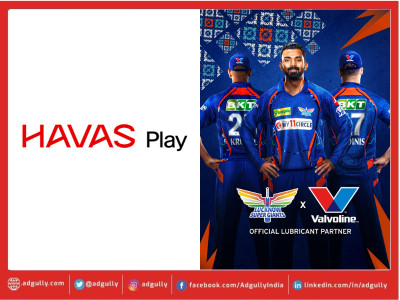

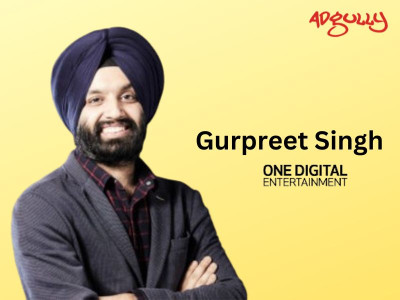

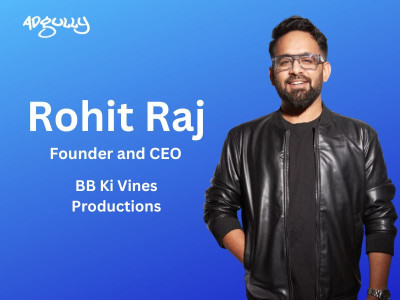

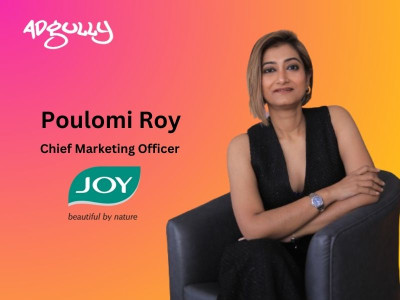
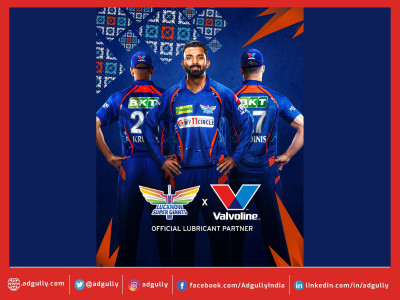
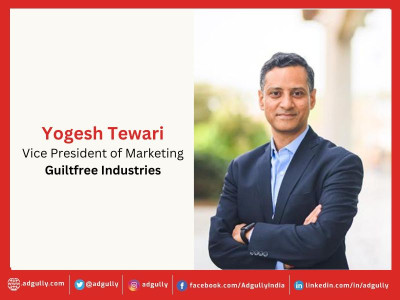
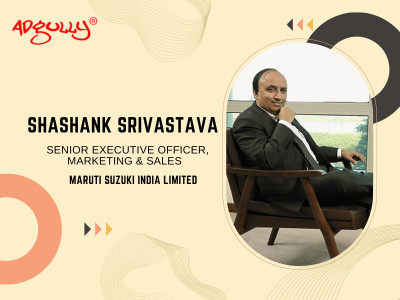
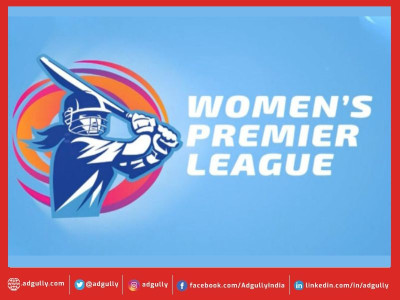


Share
Facebook
YouTube
Tweet
Twitter
LinkedIn